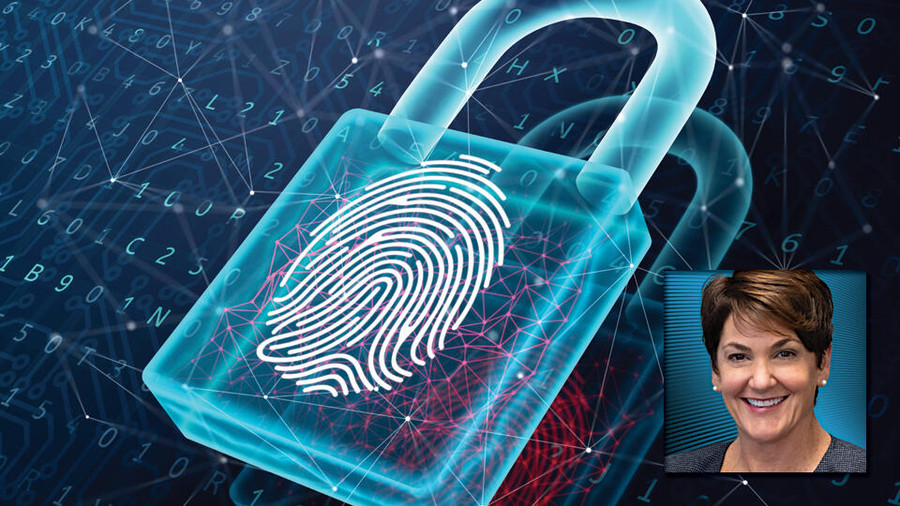Next year, the European Union plans to release its biometrically secured electronic ID, or “eID” for short. What is it? An eID is an all-in-one digital identity gateway — and something that could significantly alter the payment processing landscape. It could also simplify remembering all those passwords, as it can store your entire digital identity. In this month’s column, we break down the pros and cons of this new digital tool and what it means to merchants around the world.
Your Information Storage Center
It is predicted that with eID digital payment, fraud will drop, allowing both customers and financial institutions more protection against financial criminals.
By 2024, every EU state will make these digital identity wallets available to anyone who wants one. They won’t be required, but there will be incentives to encourage people to try it out. The eID could remove trade barriers and is designed to simplify where you store your official documents by keeping everything in one place. For example, the eID can store online and offline identification like a driver’s license, proof of medical certificates including vaccinations, authorization for cross-border payment transactions and much more. For some, this app will be hard to resist. It will come with a simple one-step ID verification when accessing public and commercial services in the EU, and will bring a sense of security when authorizing digital transactions.
Banking Benefits
For financial institutions, including banks, fintech, payment services providers and merchant acquirers, there are big potential benefits. For example, with one unified eID, workflows will improve, especially for risk management and compliance departments. Things like due diligence, know your customer (KYC) and anti-money laundering (AML) processes will become faster and more efficient as the information will all be found in one location. Having the eID will optimize customer retention and checkout rates because supplying the information necessary for onboarding, like ID verification and authentication procedures, will become simplified, fast and frictionless. In addition, eID will provide stronger customer identification checks like eSignatures and website authentication certificates. Essentially, storing, sharing and processing necessary ID information will be almost dummy-proof.
The cross-border payment experience is expected to improve, with eID helping to authenticate and secure transactions. It is predicted that with eID digital payment, fraud will drop, allowing both customers and financial institutions more protection against financial criminals. Plus, eID complies with all EU rules and regulations like 3D secure and strong customer authentication (SCA) as dictated by the EU payment directive PSD2, making it easier for financial institutions to operate in the EU region.
Of course, for all of this to work, trust will need to be established, especially when sharing data with third parties. EU citizens need to feel secure signing documents electronically, confident that eID is designed to meet the highest possible proofing and security guarantees. Users will remain in control of their personal data with eIDs and be able to select which elements of their identity they want to share with a financial, government or other institution.
Clearing the Hurdles
As great as it sounds, there are still many concerns for EU citizens’ privacy and data security. With all that data stored in one wallet, industry experts and EU politicians worry about the consequences of a data breach or attack by cybercriminals. We’re talking about the personal information of over 450 million Europeans. Tech companies also have concerns. Google and Mozilla object to the new EU trust certificates, claiming these certificates would be less secure and technically challenging to put into place. Trade groups are also unsure about how long it will take to implement and the cost efficiency of having to integrate the eID into their own infrastructure.
The debate is likely to continue well into the launch sometime next year, but with fewer administrative challenges, businesses could see increased profits while customers enjoy greater satisfaction, thanks to safer transactions made possible by the implementation of eID. We’ll have to wait and see what happens.
Cathy Beardsley is president and CEO of Segpay, a merchant services provider offering a wide range of custom financial solutions including payment facilitator, direct merchant accounts and secure gateway services. Under her direction, Segpay has become one of four companies approved by Visa to operate as a high-risk internet payment services provider. Segpay offers secure turnkey solutions to accept online payments, with a guarantee that funds are kept safe and protected with its proprietary Fraud Mitigation System and customer service and support. For any questions or help, contact sales@segpay.com or compliance@segpay.com.







